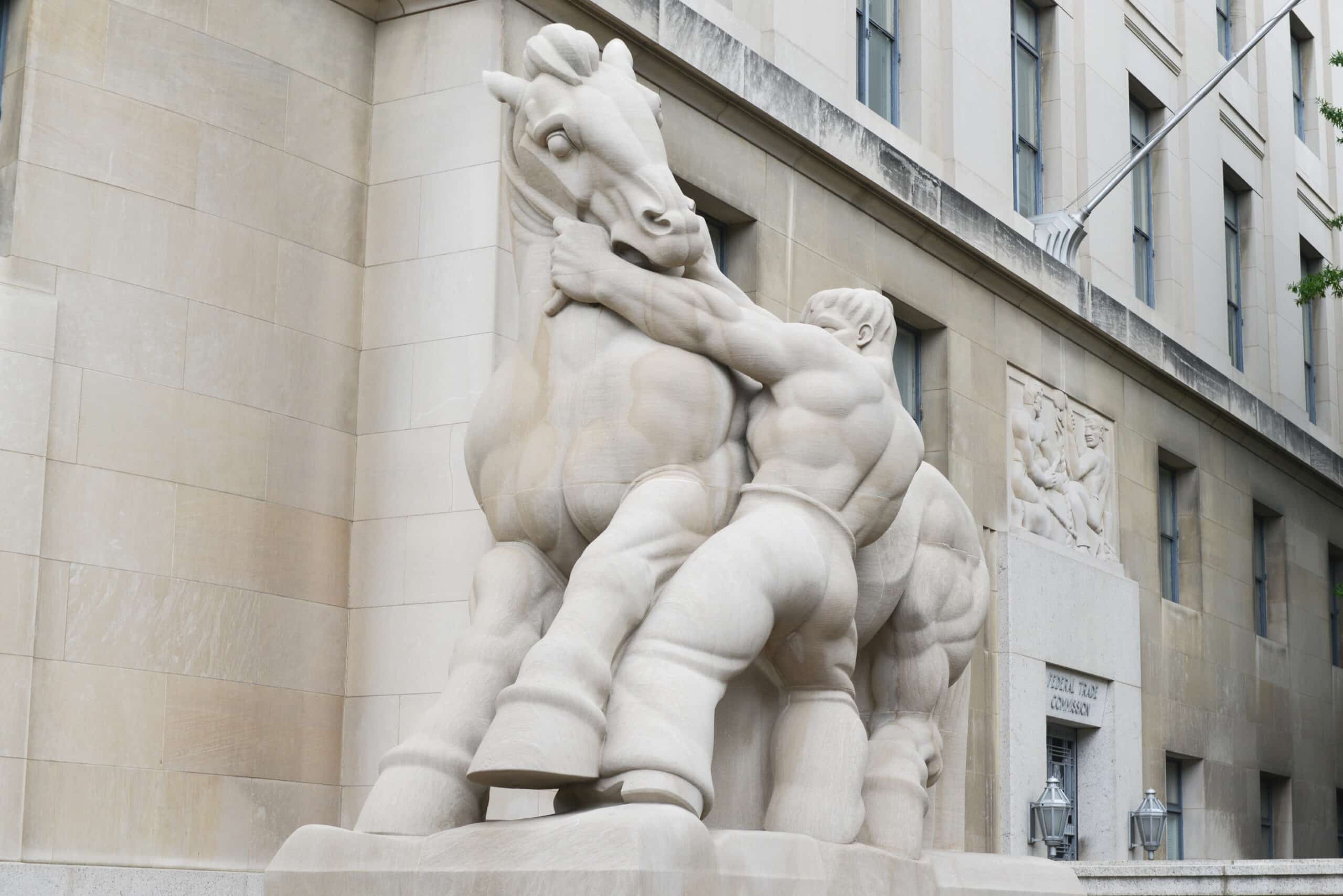Compliance Insider: Time to Read the Tea Leaves Again
 The looming reality of a Donald Trump administration surely has staffers at many agencies in a tizzy, fearing their work over the last eight years is about to be erased. That’s a bit extreme, but it’s human nature to think the worst is going to happen when politics takes an unexpected turn, so we should all be willing to cut folks some slack.
The looming reality of a Donald Trump administration surely has staffers at many agencies in a tizzy, fearing their work over the last eight years is about to be erased. That’s a bit extreme, but it’s human nature to think the worst is going to happen when politics takes an unexpected turn, so we should all be willing to cut folks some slack.
Last month’s guest columnist (my partner and former Consumer Financial Protection Bureau Assistant Director Rick Hackett) gave us an abbreviated rundown of the possibilities facing CFPB Director Richard Cordray under a President Trump. It is doubtful he will want the director to stay on, and has several options to remove him. The Dodd-Frank Act permits the president to remove the director for cause, that is, neglect, malfeasance, or inefficiency, and President Trump could come up with suitable grounds for removal based on the internal issues at the CFPB (discrimination, retaliation, etc.). A “for cause” removal would be the least controversial.
 The Department of Justice will have an opening come Jan. 20, to prepare an opinion for the president declaring the CFPB’s structure unconstitutional, consistent with the findings of the D.C. Circuit Court in the recent PHH Corp. case. The president would need no cause to remove the director in this scenario, and given that the DOJ will have written the opinion declaring his position to be filled at the pleasure of the president, it’s hard to see the DOJ mounting a defense on the director’s behalf.
The Department of Justice will have an opening come Jan. 20, to prepare an opinion for the president declaring the CFPB’s structure unconstitutional, consistent with the findings of the D.C. Circuit Court in the recent PHH Corp. case. The president would need no cause to remove the director in this scenario, and given that the DOJ will have written the opinion declaring his position to be filled at the pleasure of the president, it’s hard to see the DOJ mounting a defense on the director’s behalf.
Rumor has it that the transition team may tap Professor Todd Zywicki of the George Mason University School of Law as the next director. Zywicki is a proponent of a market-driven economy and might reasonably described as Elizabeth Warren’s polar opposite. As much as Sen. Warren vociferously opposed bankruptcy reform in 2005, Zywicki was a staunch proponent. Where Sen. Warren is seemingly in favor of more and more consumer protection regulation, Zywicki might be of the view that it is inappropriate to regulate markets out of existence. Perhaps that’s why God created legislatures long before there were regulatory agencies.
In any event, Zywicki would be likely to hit the pause button on a lot of the rulemaking underway and subject it a cost-benefit analysis that would drive the outcome. Many believe the current CFPB has chosen the outcome it wants, then manipulated the data to support it. One need only look at the analysis done for the pending arbitration rule to see that the CFPB’s conclusions are not supported by its own research and analysis.
Rumor also has it that Director Cordray may be planning to run some polling in Ohio in early January to see what his prospects might be for political office there. If true, that would suggest he may be considering resigning around Jan. 20 if the polling was favorable. Of course, if political office is on his radar screen, he’d have to weigh the political benefits of resigning against those of fighting, i.e., determining which would be the more politically beneficial.
Of course, rumors are just that. They are not facts, but if there is anything Washington loves, it’s political gossip and innuendo. What’s interesting to me is that we have a new president coming into office who is completely unconstrained by facts and truth. He likes being a disruptor and unpredictable — wouldn’t it be rich if he left things alone at the CFPB? Most of Washington never thought he’d make it through the primaries — much less win the election — so all bets are off as to what he’ll actually do. But, the CFPB is a prime target for his transition team and those he’s tapped for Treasury positions, so I’d expect them to drive any changes we see.
All that said, it’s still fun to read the tea leaves, then look back at the end of the year to see how we did. I was sure at the beginning of 2016 that we’d be seeing a new president Clinton inaugurated, but I was clearly way off. Here are my guesses for 2017:
- Director Cordray resigns in Q1 to pursue his political career in Ohio.
- Todd Zywicki is nominated and confirmed as the new director.
- Investigations get re-evaluated, with some being dropped.
- Bureau pursuit of auto finance disparate impact consent orders is eliminated.
- The Democrats get very excited about converting the CFPB to a five-member, politically-balanced governing structure.
- Congress passes legislation to convert the bureau to a commission, but President Trump vetoes it in order to let Professor Zywicki put his stamp on the bureau. Alternatively, he signs the legislation and makes Professor Zywicki the chairman of the new commission.
- Professor Zywicki sends the small-dollar-rule, the arbitration rule and nascent debt collection rule back to the drawing board for cost benefit analysis. The small-dollar-rule and the arbitration rule ultimately disappear, and the debt collection rule is conformed to existing Fair Debt Collection Practices jurisprudence and limited
third-party collections.
There’s a lot there for me to be wrong about, but one thing is certain — 2017 is going to be an interesting year!
Michael Benoit is a partner in the Washington, D.C., office of Hudson Cook LLP. He is a frequent speaker and writer on a variety of consumer credit topics. Richard can be reached at 202-327-9705 or [email protected]. Nothing in this article is legal advice and should not be taken as such. Please address all legal questions to your counsel.















